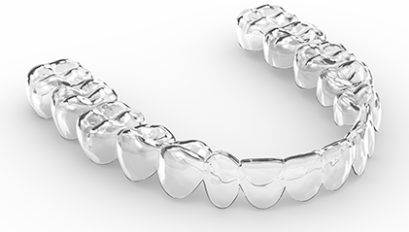“My most recent visit, on 16th January 2023, was for a regular session with the dental hygienist; as always, the...” job was thoroughly done in a pleasant atmosphere. I've been attending the practice for many years, under both its current and previous management, and would recommend it to others.Update for 17th July 2023. Another session with a different, but also excellent, hygienist - apart from doing a thorough job in a pleasant and new surgery, she provided useful extra advice on dental care. As before, I'd certainly recommend Crossways to others.Update for 22nd January 2024. I was back to my regular hygienist for this visit and, as always, she did a thorough job in a pleasant manner. I continue to recommend Crossways to others, particularly as refurbishment of the practice is now near completion.Update for 22nd July 2024. Another visit to my regular hygienist, who did her usual friendly and thorough job. My recommendation for Crossways is as before as their service remains excellent.”


















